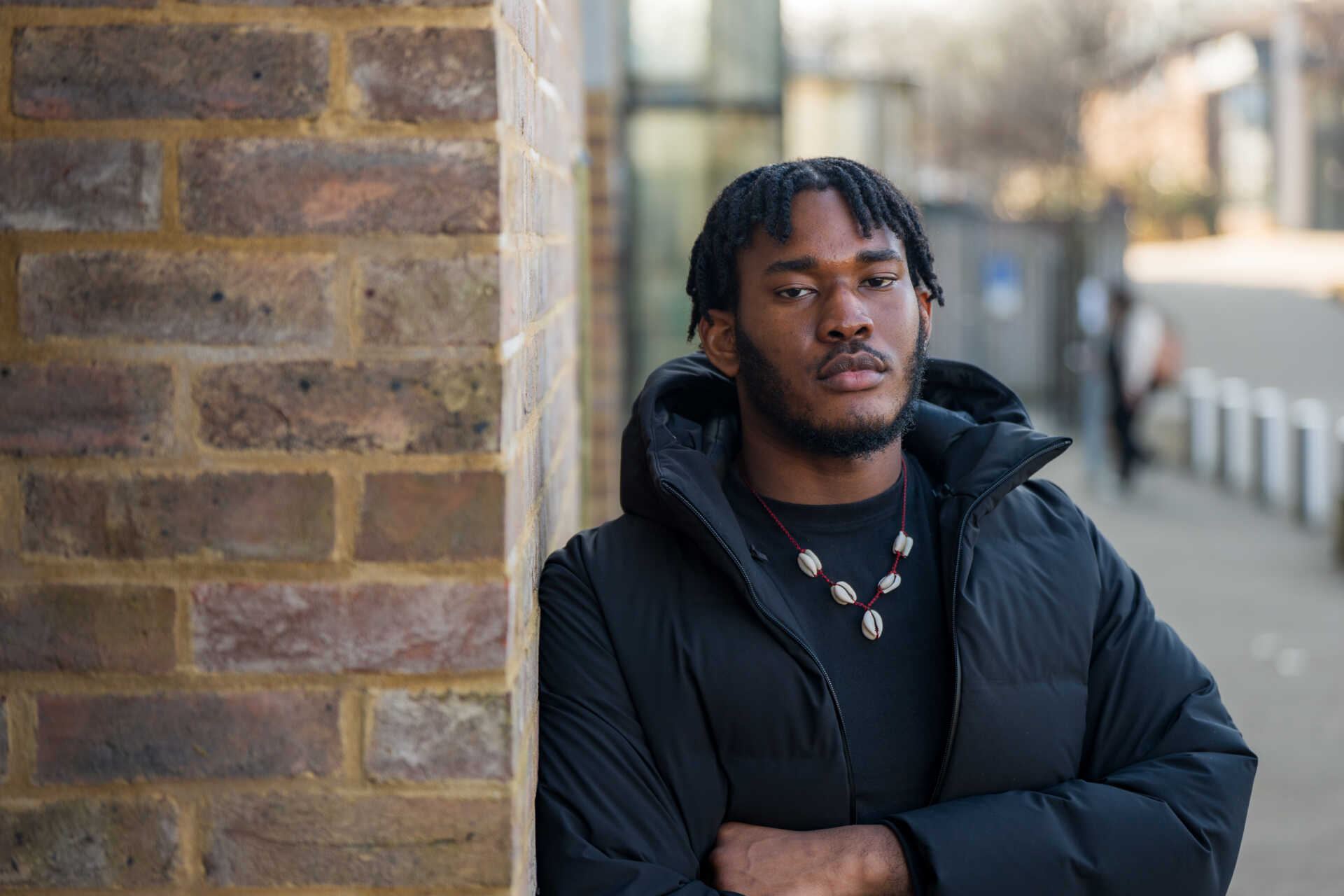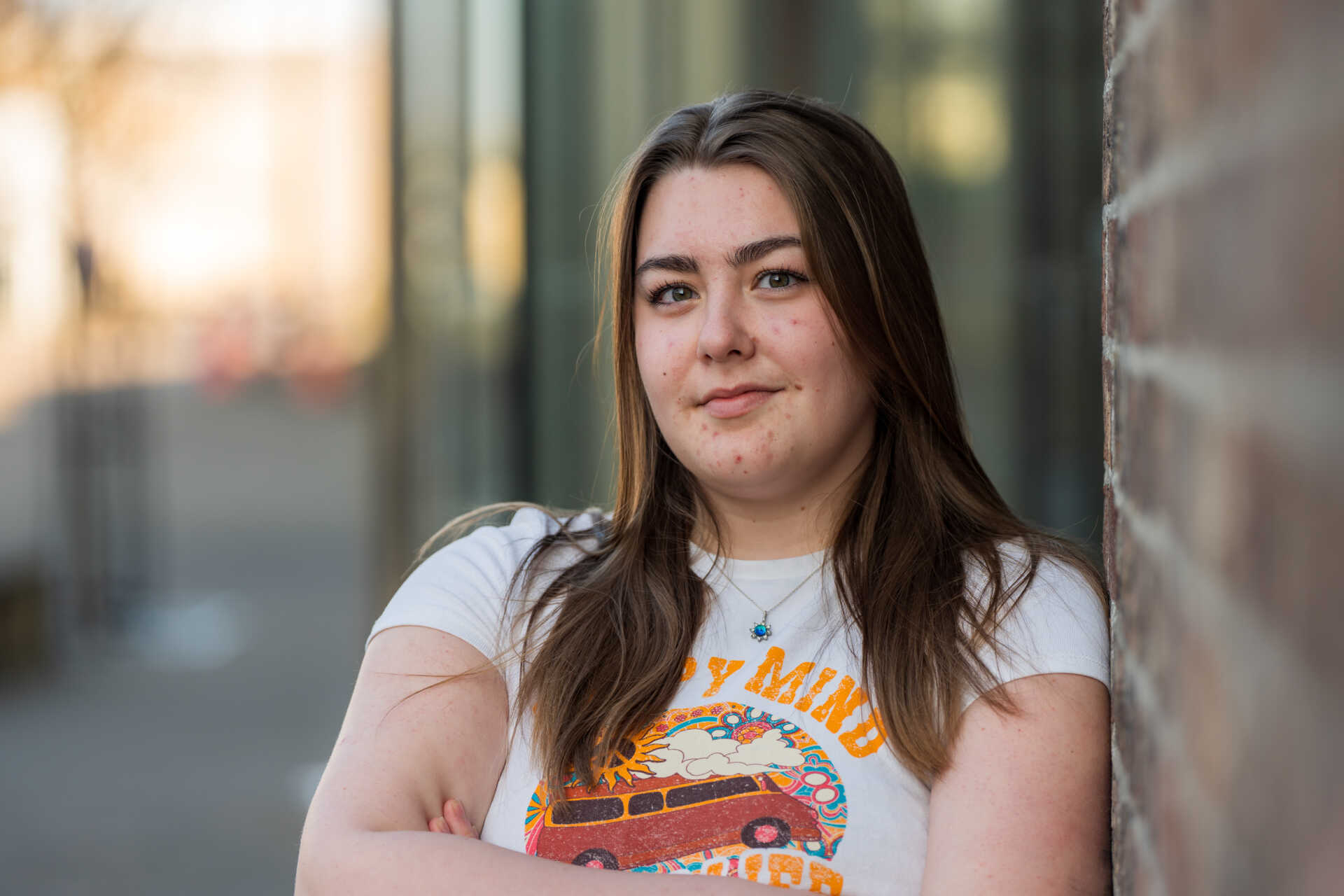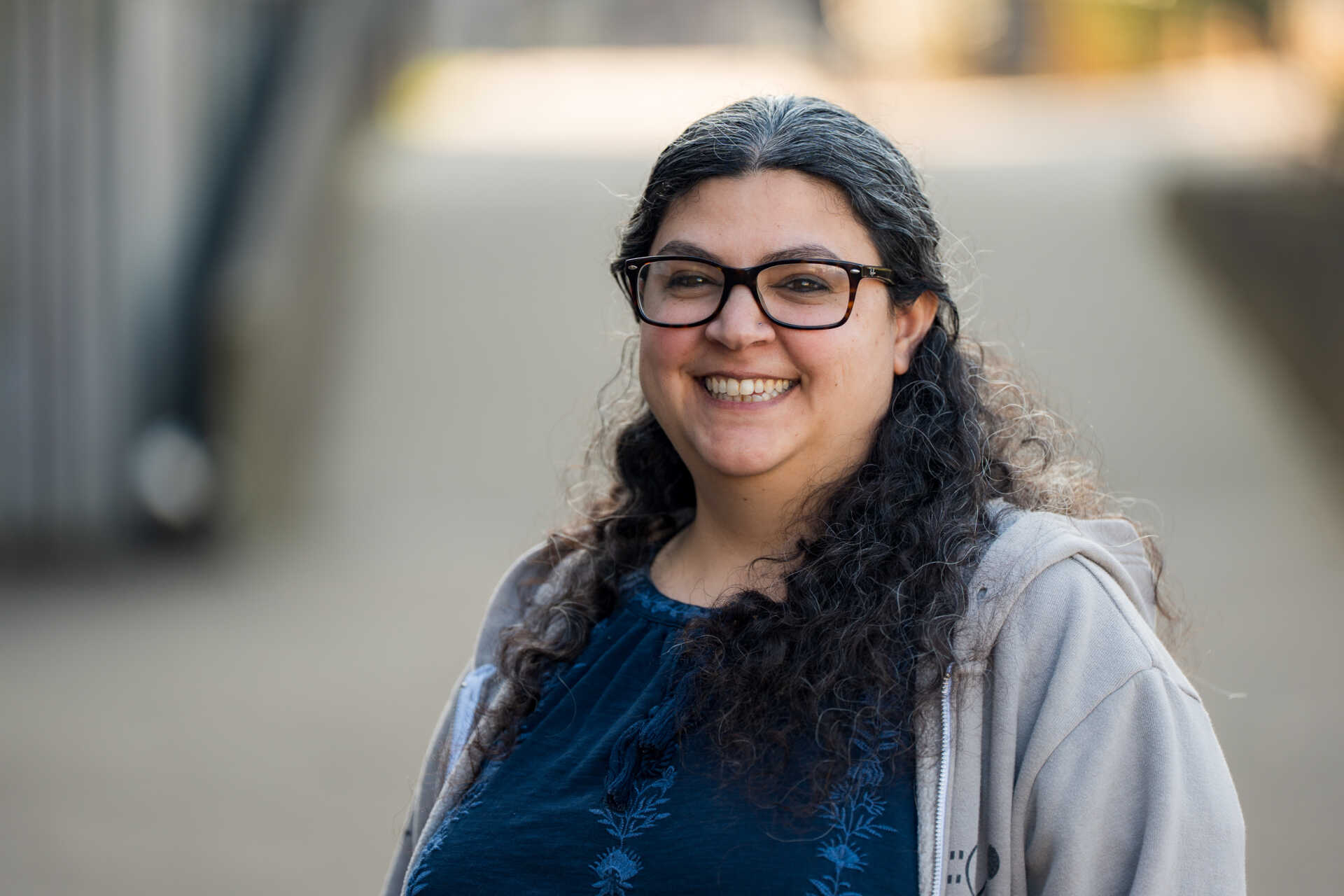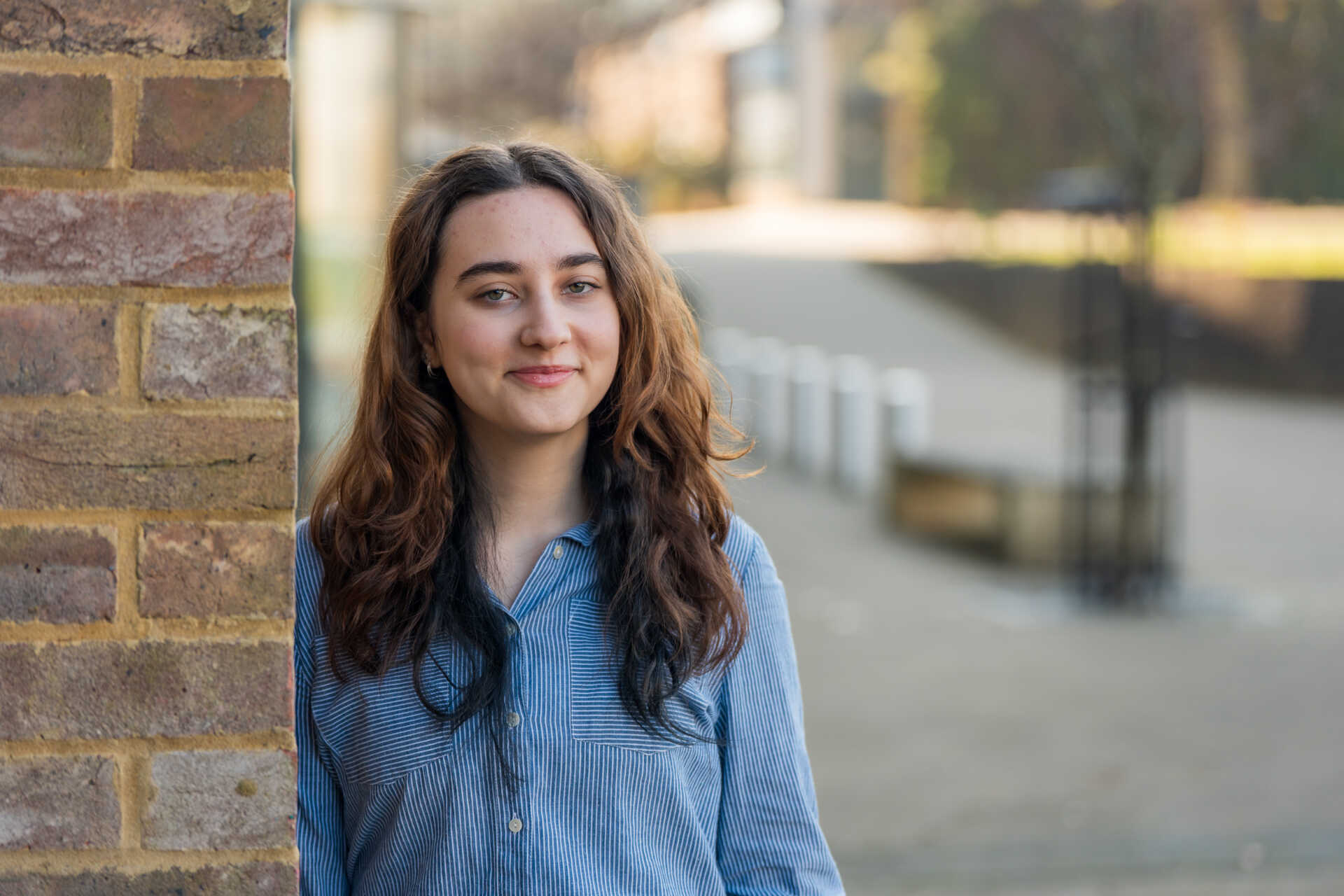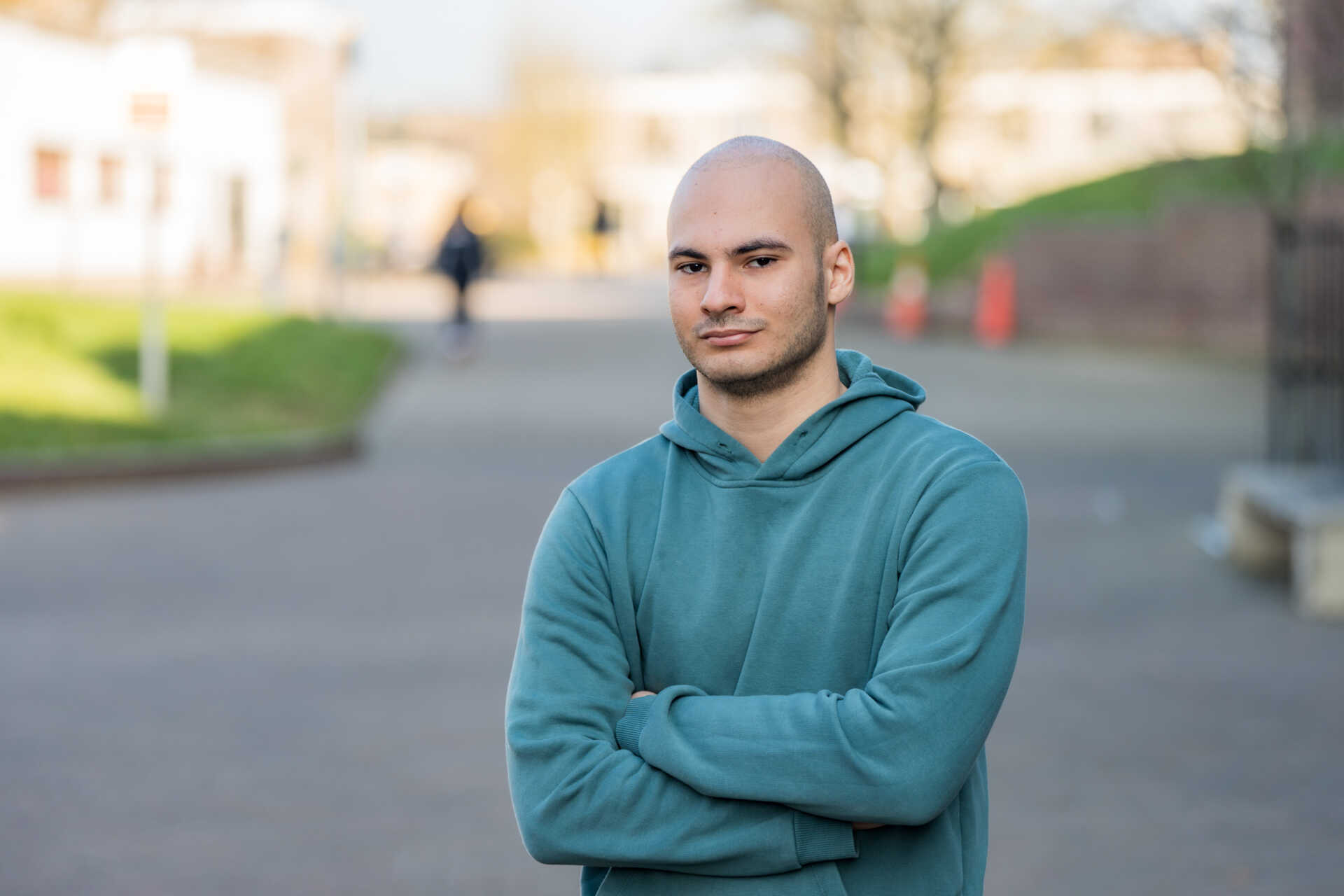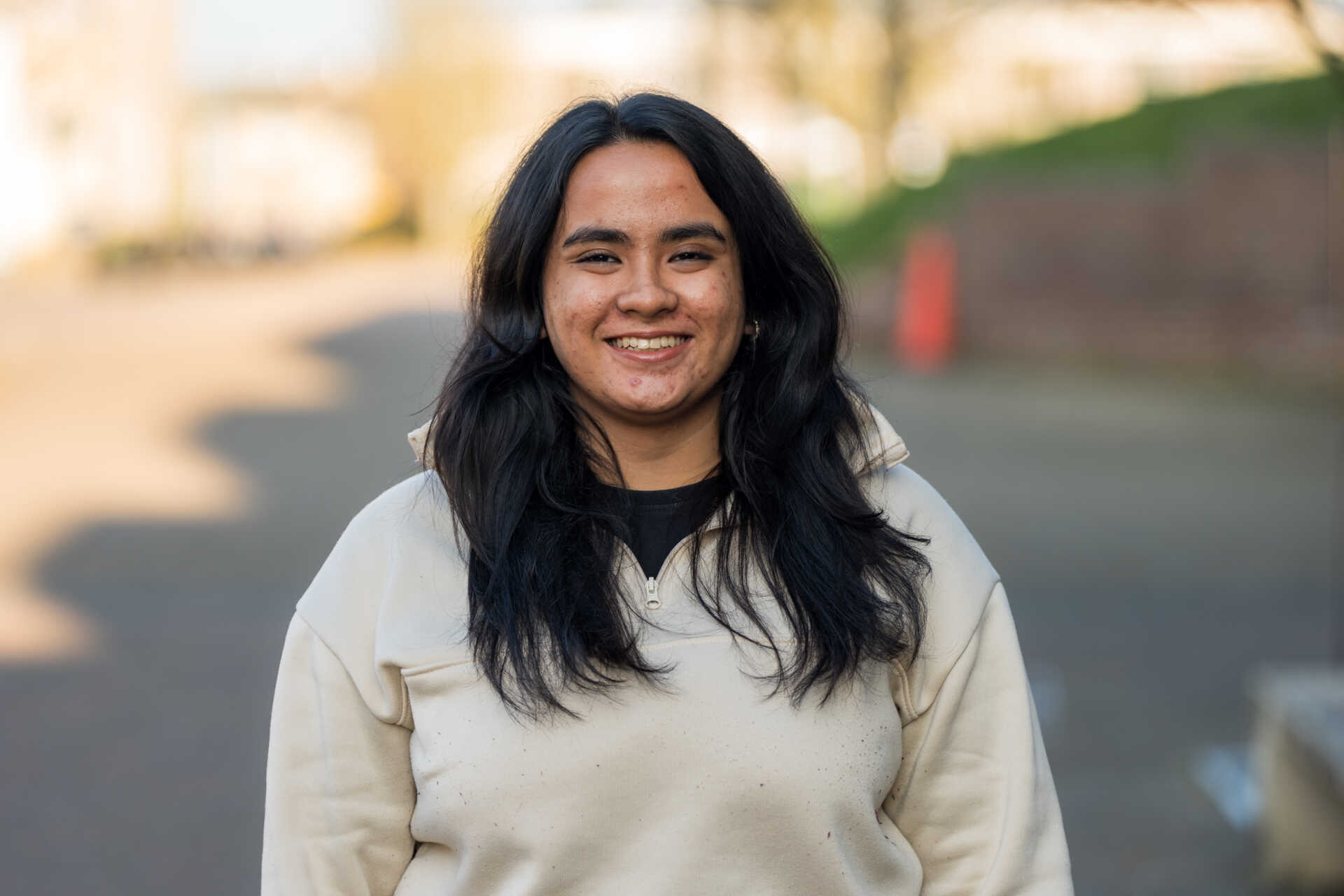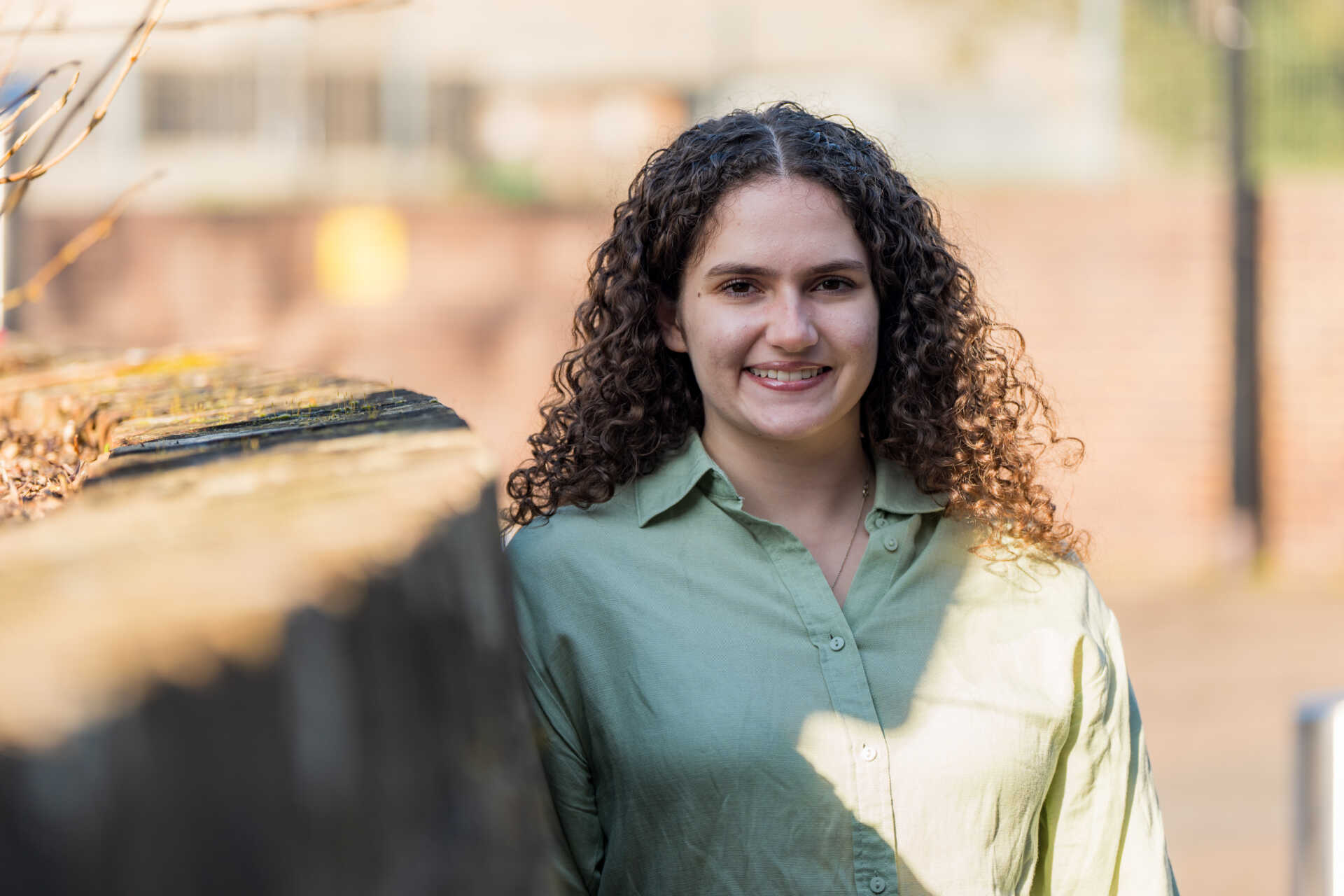Student Shapers Programme
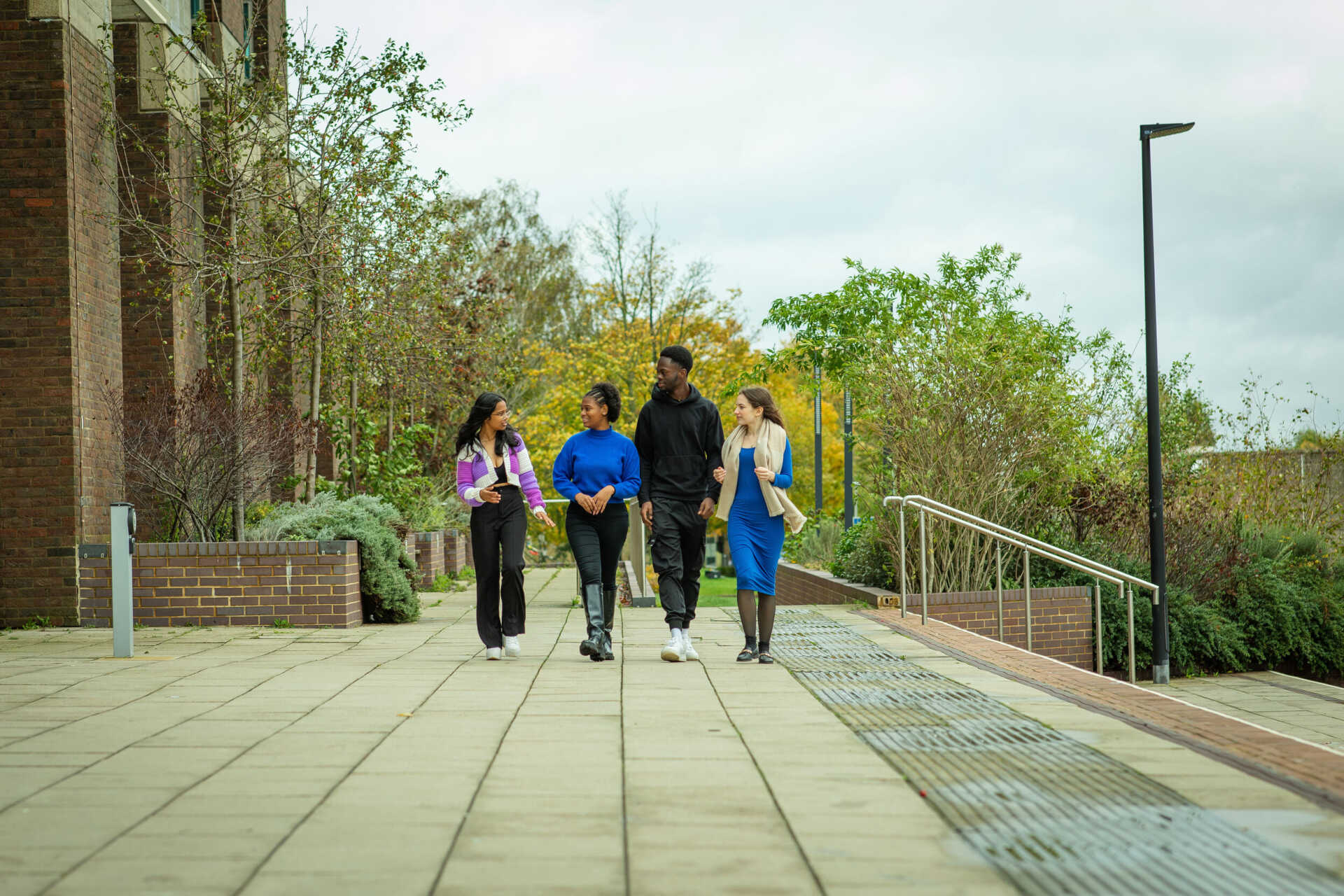
Shape Spaces, Enhance Services, Earn Rewards.
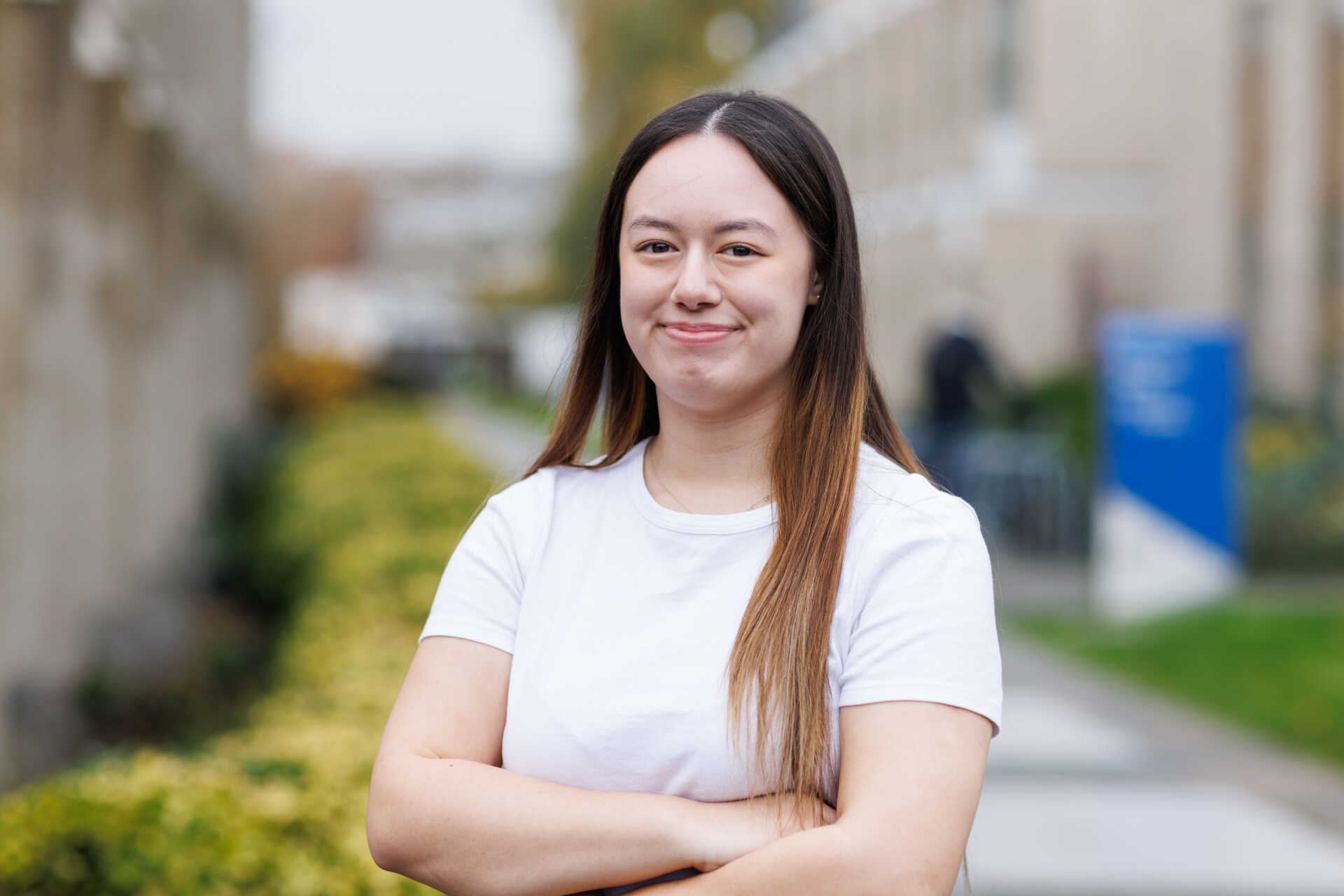
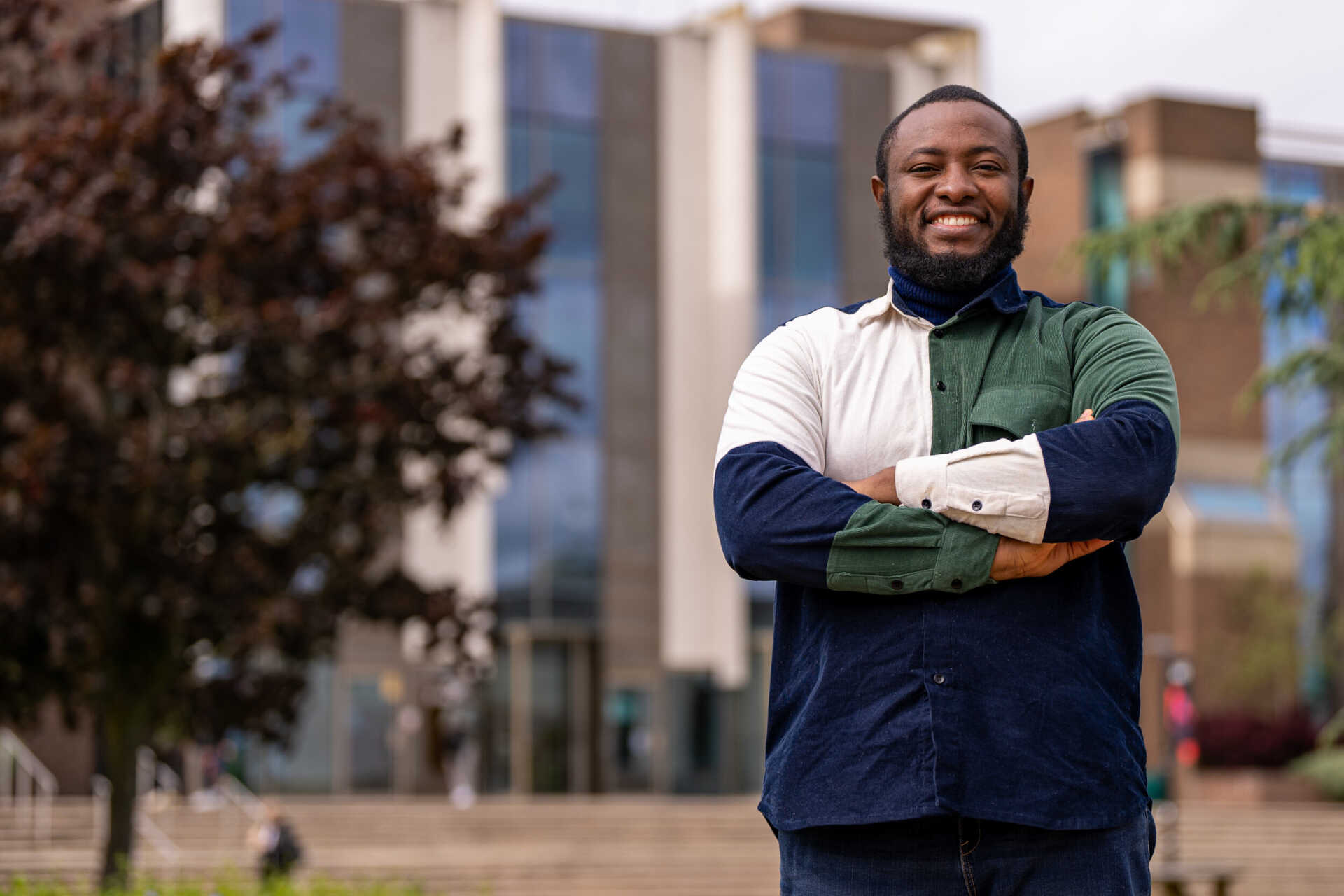

Designed to fit around your academic studies
The Student Shapers Programme is a flexible co-curricular initiative that empowers students to collaborate on projects that enhance non-academic services and campus spaces —across the University of Kent.
How do I apply?
Applications for 2025-26 are now open! Spaces are limited, so apply early. Applications close 15 October 2025 (midnight).
How it works:
Join Student Shapers and gain one year's exclusive access to our activity database. Each activity falls within one of the 4 categories below:
- Brainstorming: Jump into hands-on workshops that spark fresh ideas and team energy.
- Service Improvement: Test, review, and help shape resources or services that matter to you.
- Space Design: Collaborate on campus space projects that elevate the student experience with bold new solutions.
- General Feedback: Help us in our commitment to listen, respond, and act on the student voice.
What you'll get:
For every activity you complete, you'll build transferable skills and earn Employability Points. Complete at least 6 activities to unlock your full rewards package:
- Hands-on work experience
- Employability Points (per activity)
- Certificate of Recognition
- Letter of Reference
Returning for another year? If you are a returning Student Shaper, you gain the additional reward of attending an exclusive Masterclass with a senior professional at Kent.
Student Shapers
Impact & Achievements
Student Shapers work in partnership with staff to create real change, from improving services to shaping spaces.
Their ideas, insights, and actions are making a lasting impact across the University.
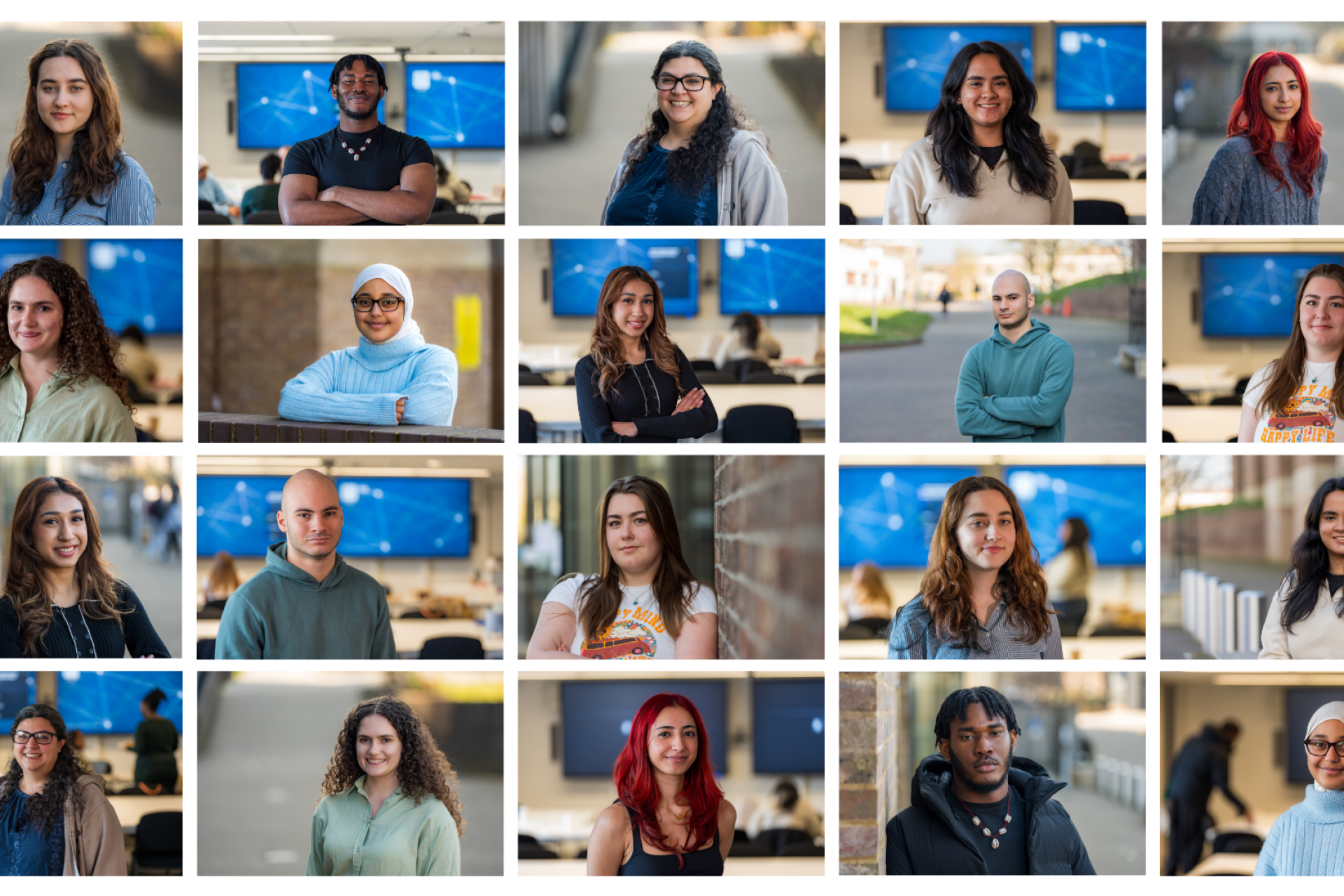
Project Highlights
Browse some of our past projects to see how our Student Shapers have improved services, redesigned spaces, and influenced decision-making across the University.
Student Shapers explored furniture options, room layout, lighting, and storage in pilot rooms across Darwin. They shared clear preferences, including white walls with dark, contrasting doors and frames, adjustable desks sized for inclusivity, and a dislike of current beds due to lack of fitted shelving and stability. They preferred curtains over blinds and grey furniture over white, valuing personalisation through shelving units instead of drawers and the use of poster clip frames. Their feedback also included practical suggestions like adding wall shelves, door hooks, mirrors, and noticeboards. This input is now informing the standard design specification for future accommodation projects to ensure rooms better meet students’ needs for functionality, comfort, and personalisation.
Student Shapers explored how to improve our Library training offer.
Through interactive activities and small group discussions, students shared feedback on everything from session timing to content relevance. Their insights have directly shaped our approach to planning future training — including clearer signposting, better promotion across departments, and a more joined-up experience for taught postgraduates. This session has prompted the Library team to re-evaluate how training fits into the wider student journey, with a focus on building confidence and research skills at the right moments.
Student Shapers co-created a design brief for a new student space.
Working from scratch, students identified key users of the Red Room and their competing needs. Their ideas shaped a multi-functional design brief that balances study, social, and wellbeing uses. This session was a great starting point, highlighting key ideas like flexible furniture, improved acoustics, ambient lighting, QR code booking links, and new uses such as board games. As the external catering partner comes on board, it will be important to run further sessions to gather more ideas and expand Student Shapers’ input, ensuring the space design truly reflects user needs.
Student Shapers reimagined the role and future of the University Library.
This workshop invited bold thinking: students mapped what the Library offers now and what it could become. Ideas spanned silent study zones, social space, wellbeing support, inclusive design, and future tech. Students saw Templeman as the “heart of the campus” and called for more clarity around zoning and furniture purpose. These ideas are informing long-term strategy discussions, and helped spark the wider “Library of the Future” vision.
Student Shapers mapped the spaces they access on campus, whilst highlighting the services and spaces they need to access off-campus.
Through using a large campus map to label locations and along with guided discussion, students highlighted favourite study and social spots such as Templeman, and favourite catering outlets, as well as Nexus for support queries. Students raved about ResLife and the varying activities that familiarise them with other areas on campus and culture friendships. They advocated for more adaptable furniture, more opportunity to book spaces and more budget friendly shopping opportunities on campus. These findings directly informed the My Study Style campaign and helped shape IS and Commercial Services & Estates’ approach to flexible space design and communication of the differing Study hubs available on campus.
Student Shapers shared honest reflections on what brought them to Kent.
This informal feedback activity captured motivations, expectations, and first impressions. Students valued the campus feel, international community, and subject-specific strengths — but also flagged a need for more consistent pre-arrival information. Their voices contributed to ongoing improvements in student communications, orientation, and the pre-arrival experience.
Students reviewed the redesigned Study Spaces and Campus Map webpages. They highlghted the easy navigation, clear visuals, colour-coded zones, room images, and booking options as great features for finding study spaces and services.
Their feedback pointed to improvements such as adding icons for key services like printing, and increased promotion—especially to first-year students—through student creators, QR codes, and orientation events. Suggestions also included better integration with the My Kent Student App. These insights are guiding ongoing enhancements to make it easier for students to discover and use study spaces across campus.
Students visited four teaching spaces in Keynes which were due a refurbishment. They were asked to analyse how successful they are as teaching spaces by considering the existing sight lines, furniture, accessibility etc in order to arrive at a design brief recommendation.
FAQ - Student Shapers
The programme is open to all University of Kent students.
We have limited spaces so encourage applications as soon as it opens. Applications will stay open until all spaces are filled.
Completing the programme is flexible to your availability! Every individual activity you participate in earns Employability Points, and if you complete a minimum of 6 activities, you’ll unlock the full rewards package.
You can log your Employability Points through the usual process on the Employability Points page. Just visit Employability Points to submit your points after completing each activity.
The programme offers four main types of activities: Brainstorming Workshops, Service Improvement Activities, Space Design/Enhancement Projects, and General Feedback.
Each activity is designed to give you hands-on experience in shaping the university environment in ways that matter to you.
View our project highlights for examples of past activities.
The programme is a joint venture between various Professional Service Directorates at Kent.
